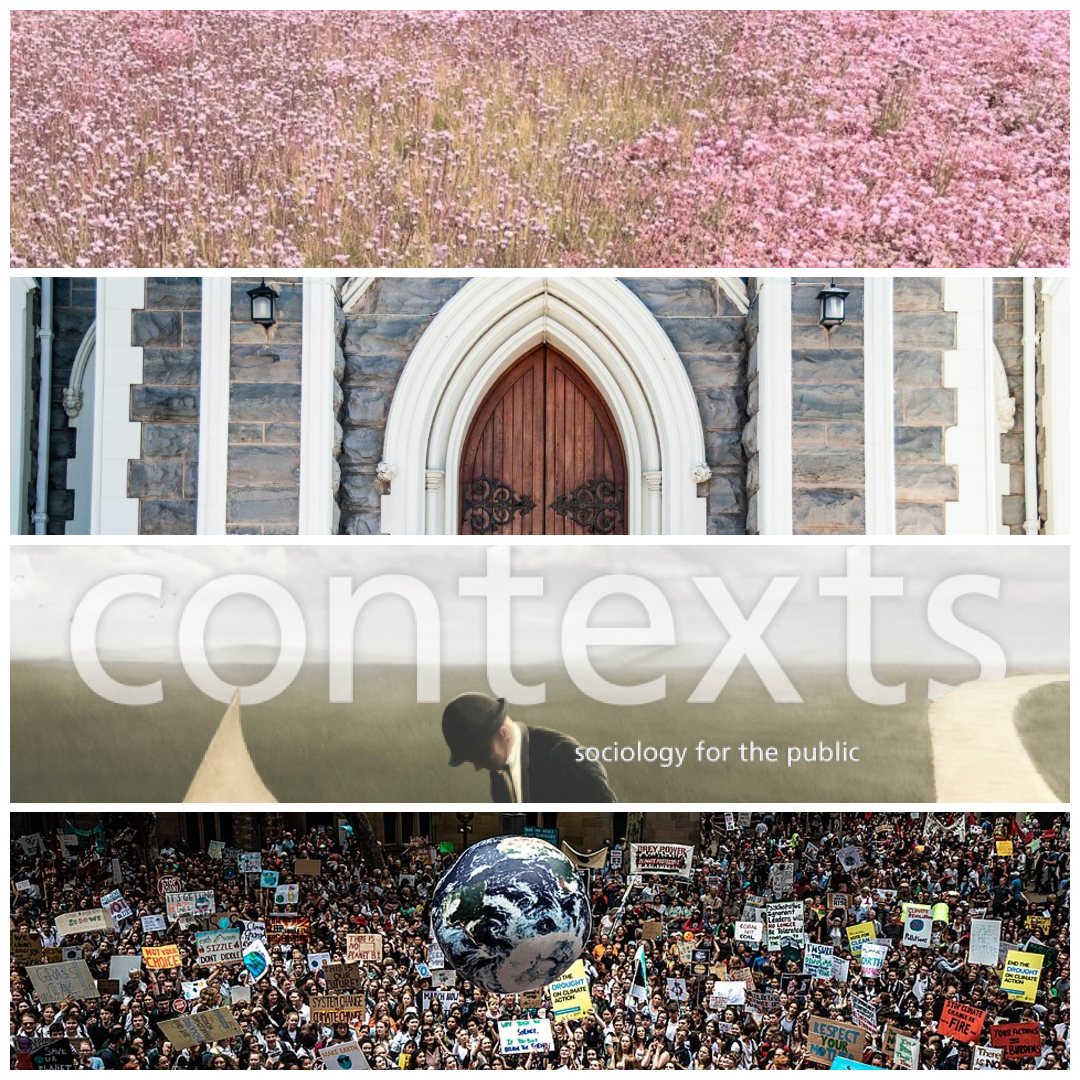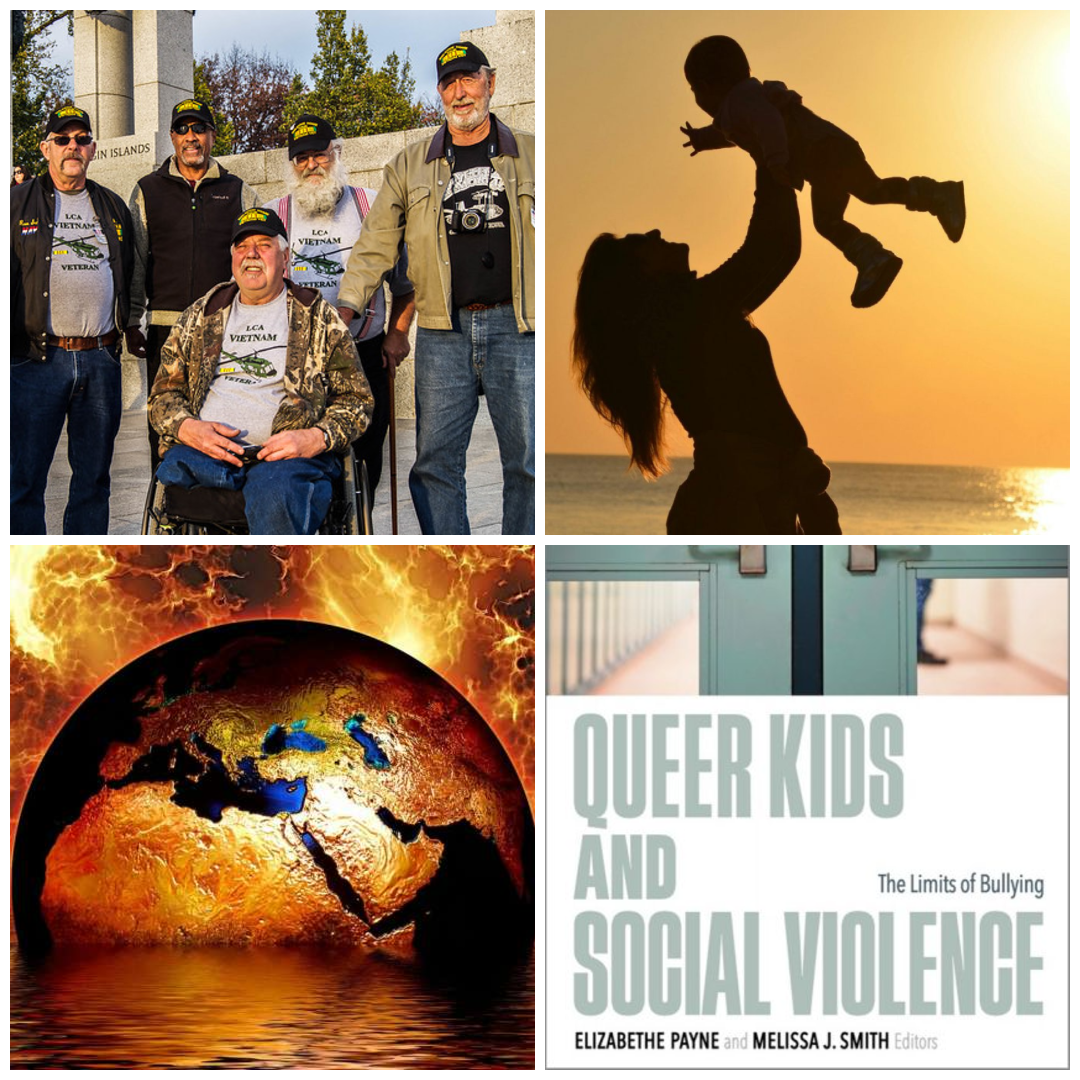
Happy New Year!🍾
New & Noteworthy
- Countries with generous parental leave policies are thought to be good for women and mothers; but a study from Jennifer Hook and Meiying Li cautions that long paid parental leaves might exacerbate the inequalities they purport to address. Read more in Jordyn Wald’s Where “Good” Work-Family Policies Go Wrong. {5 min read}
More from our Partners & Community Pages
Council on Contemporary Families
- Can parenting techniques affect children’s relationship with state authority? Herbert Rodrigues discusses his research in When Harsh Discipline Backfires: What Brazilian Teens Teach Us About Parenting and Authority. {6 min read}
- In a brief of her 2024 Social Problems article, Vanessa Delgado writes, U.S. parents financially support their adult children. But in immigrant families, it’s the reverse. {3 min read}









